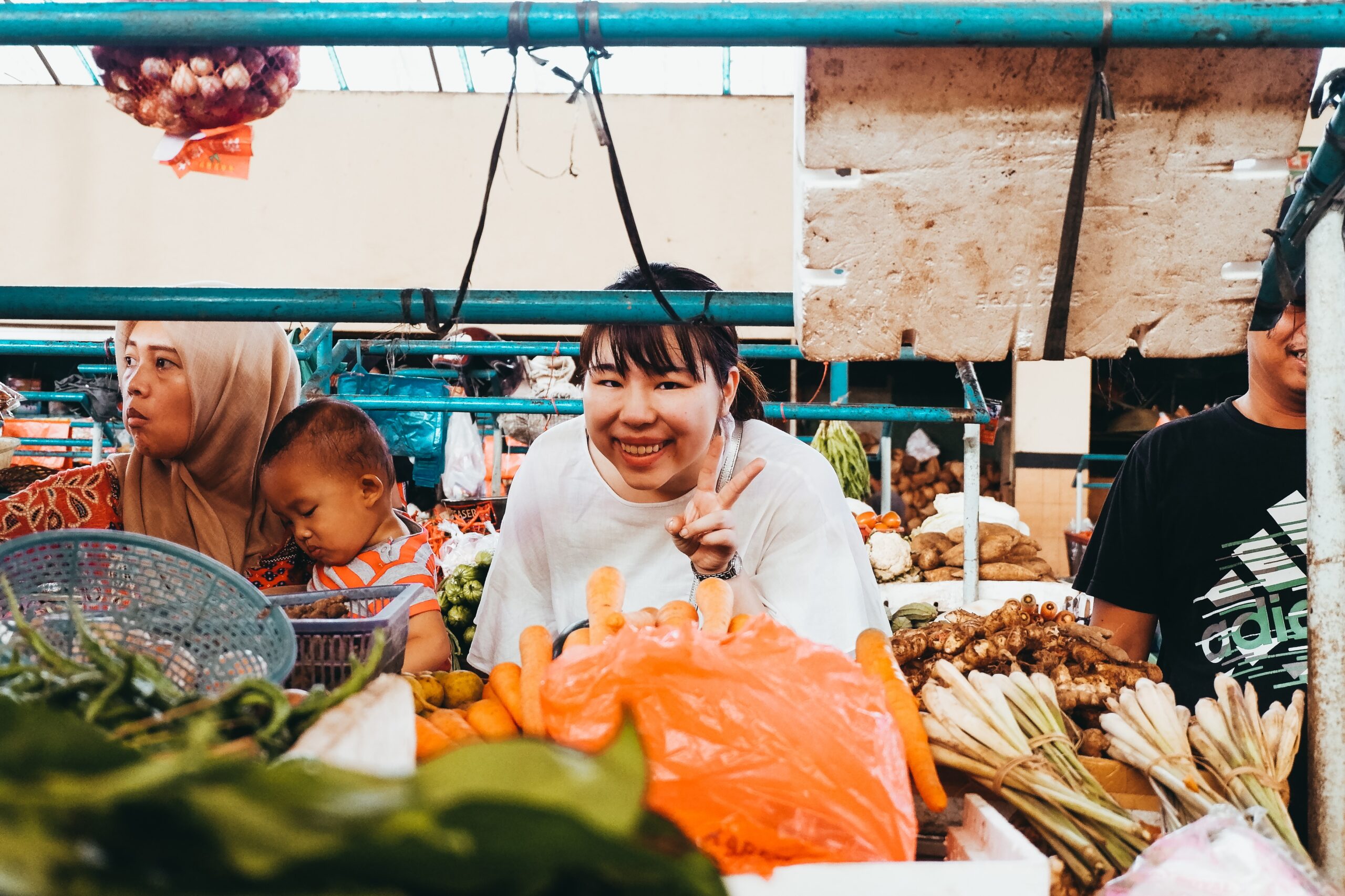Towards the end year, the World Bank projects that Indonesia’s economy will grow by 5.2 percent. This growth was driven by several accelerations in private consumption and several other well-targeted policies.
This projected figure has increased from the initial estimate in the June 2022 edition of the Indonesia Economic Prospects, which was 5.1 percent.
World Bank Director for Indonesia and Timor-Leste Satu Kahkonen said that Indonesia’s economic growth was driven by accelerated private consumption as a result of the easing of mobility restrictions.
In addition, the government’s fiscal consolidation was helped by the high revenue side due to lower commodity revenues and spending, especially for handling the Covid-19 pandemic.
He said Indonesia’s social protection programs could assist households in managing increased risk and volatility from external conditions but did need to be strengthened to fill coverage gaps.
“Fortunately, Indonesia can develop existing programs, such as in reducing the impact of the Covid-19 pandemic on poverty. Future social protection programs that provide adequate benefits must be accessible to all Indonesians, regardless of where and how they make a living,” he said at the World Bank Indonesia Economic Prospects Report, Thursday (15/12/2022).
He continued, prospects for Indonesia’s future economic growth are still faced with downside risks due to global challenges and turmoil.
These risks are caused by weaker global demand, tighter global financing conditions, capital outflows, and currency pressures that can trigger faster monetary policy tightening than expected.
However, the World Bank assesses that Indonesia can maintain strong growth and overcome the challenges ahead with several initiatives. One is that continuing to implement tax reforms will help create space for investment and create resilience to shocks.
He added that social safety net programs must also be targeted more effectively and expanded to create guarantees of protection for vulnerable communities.



















